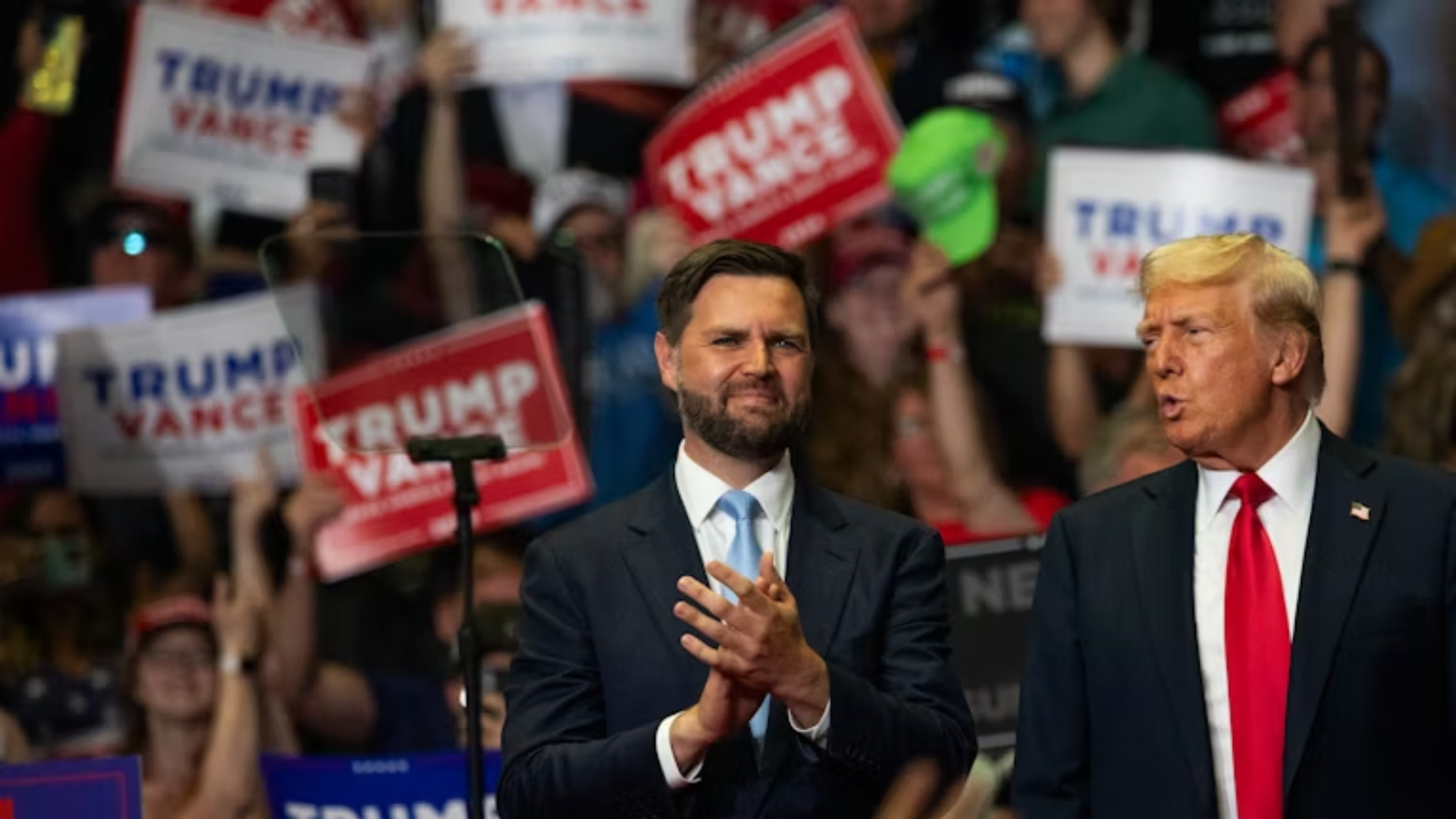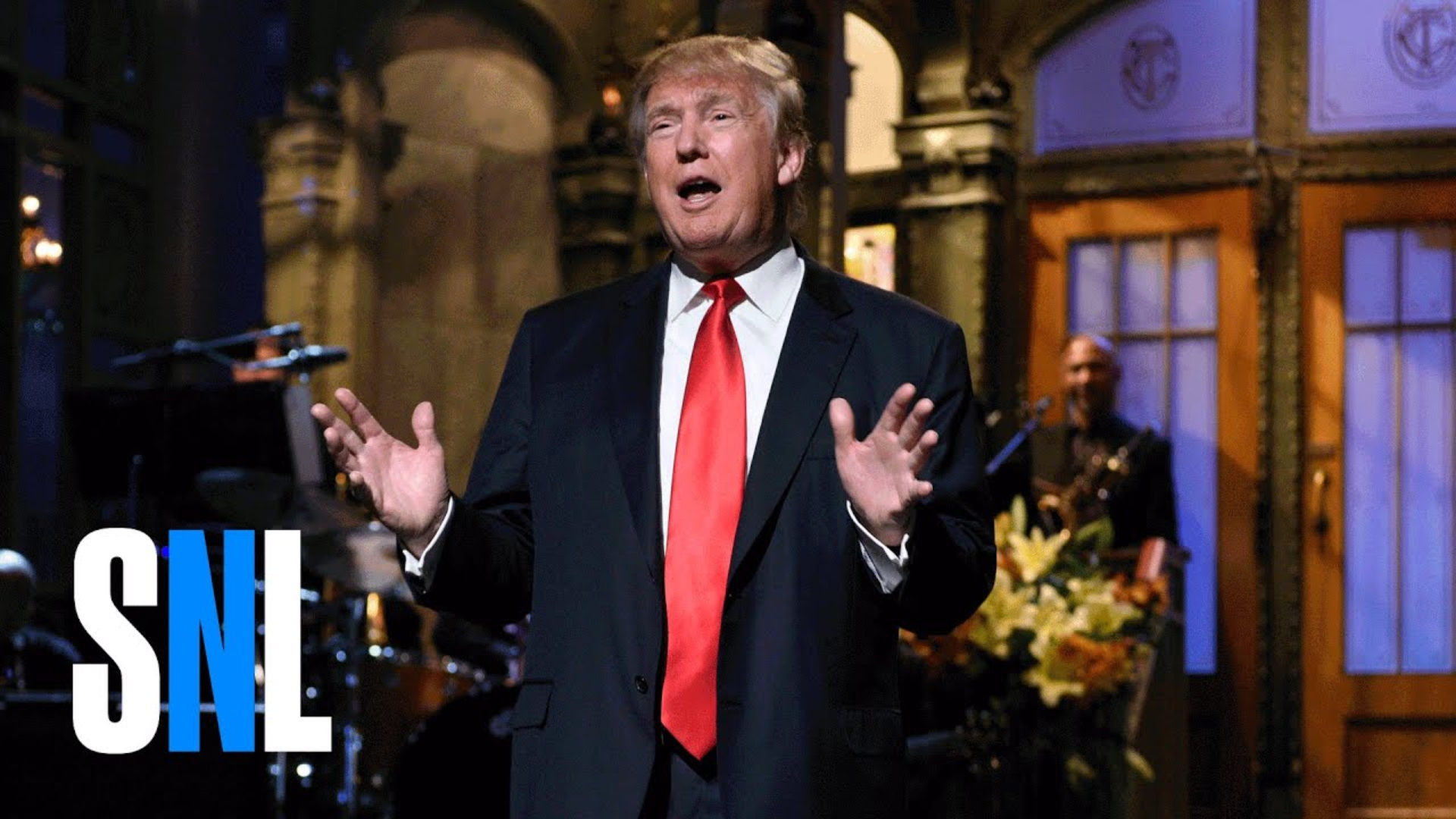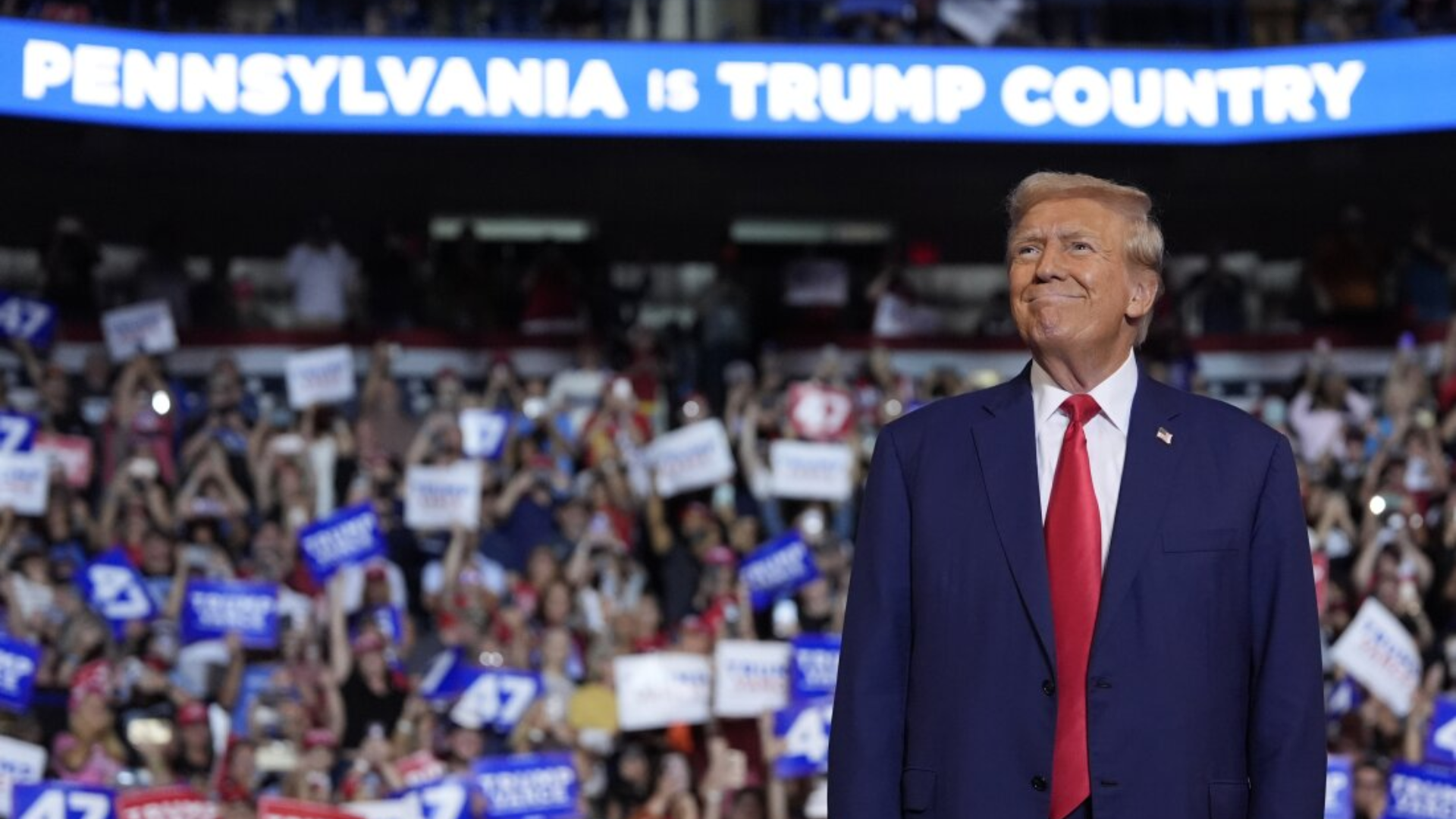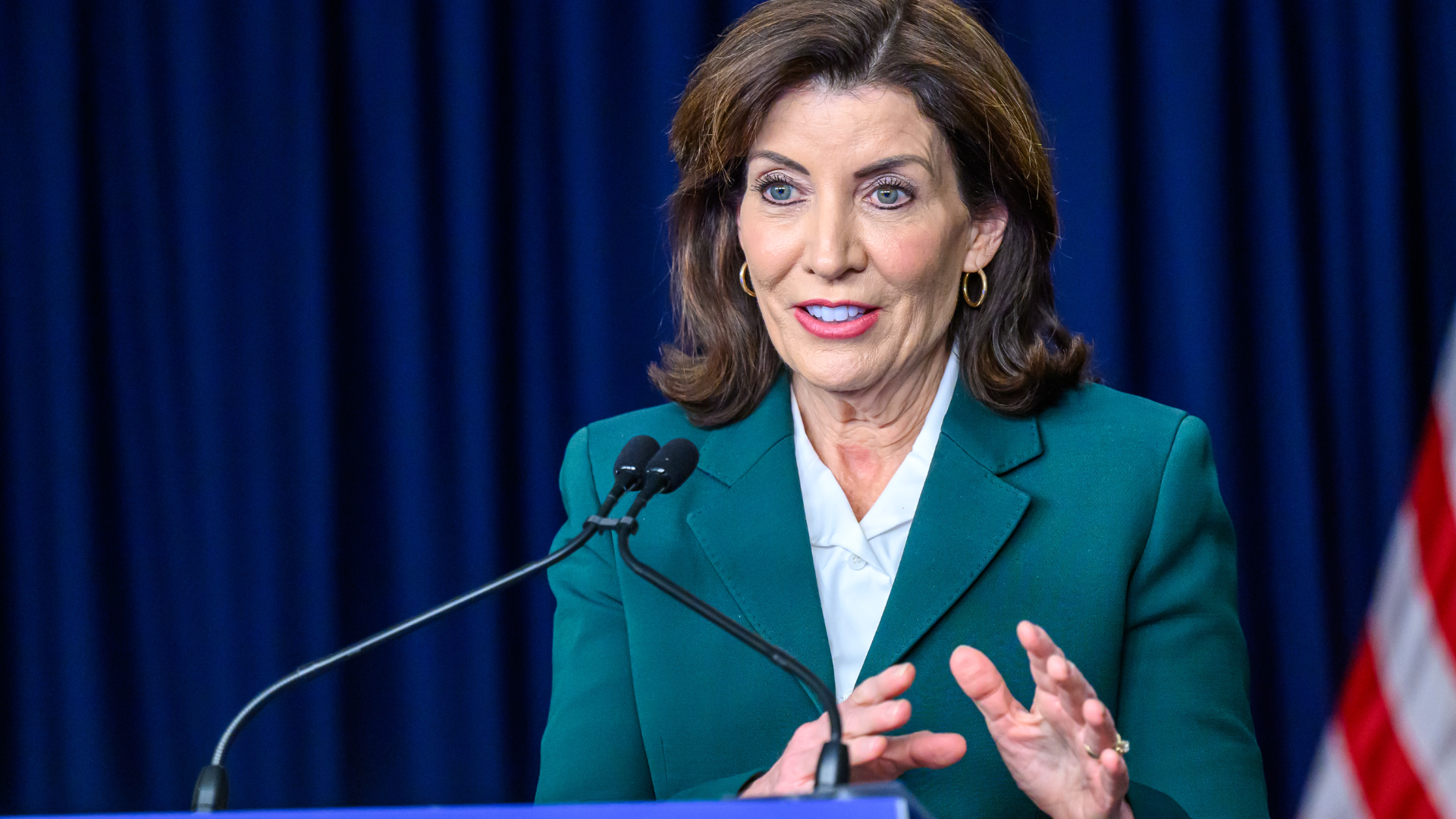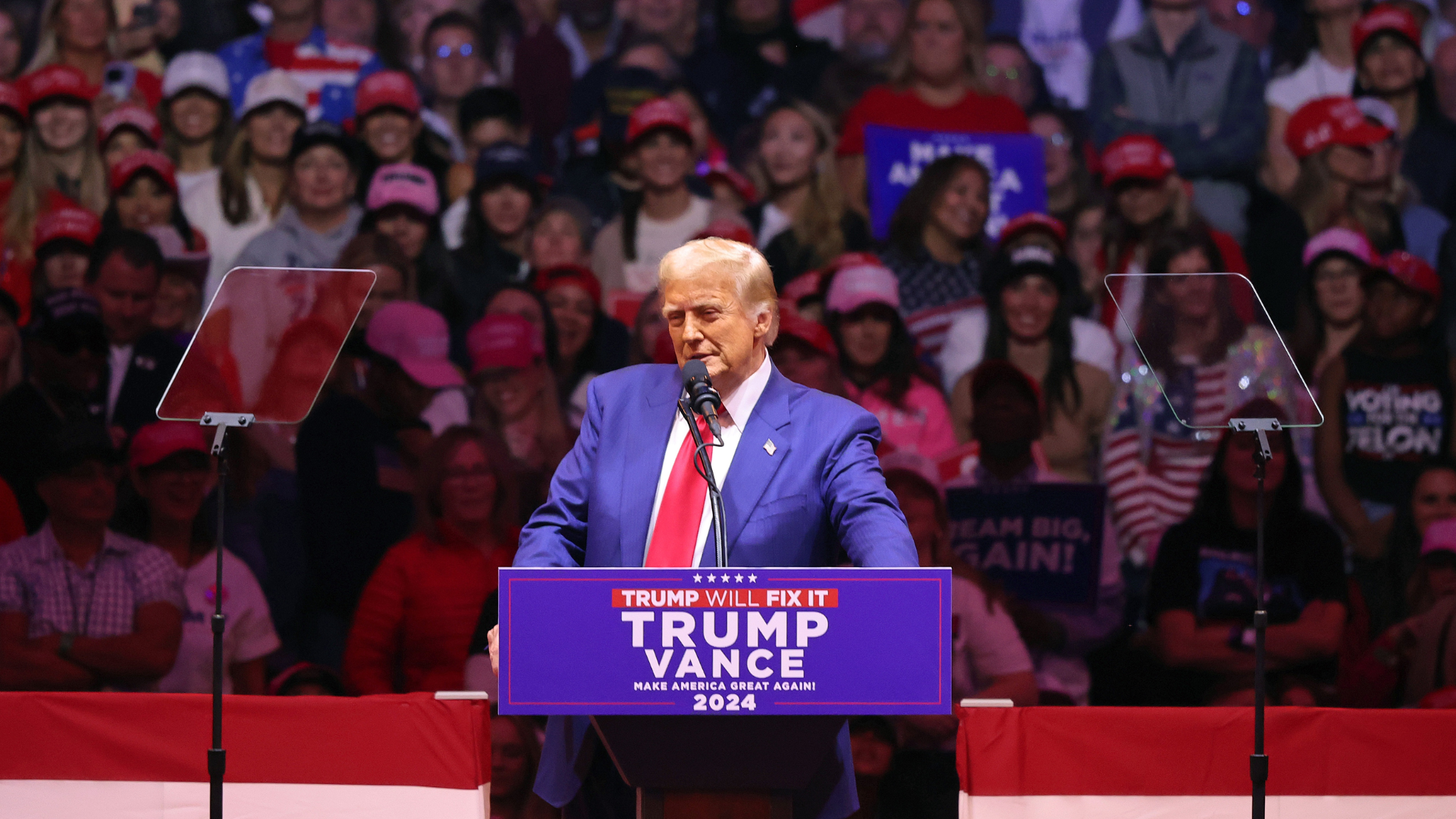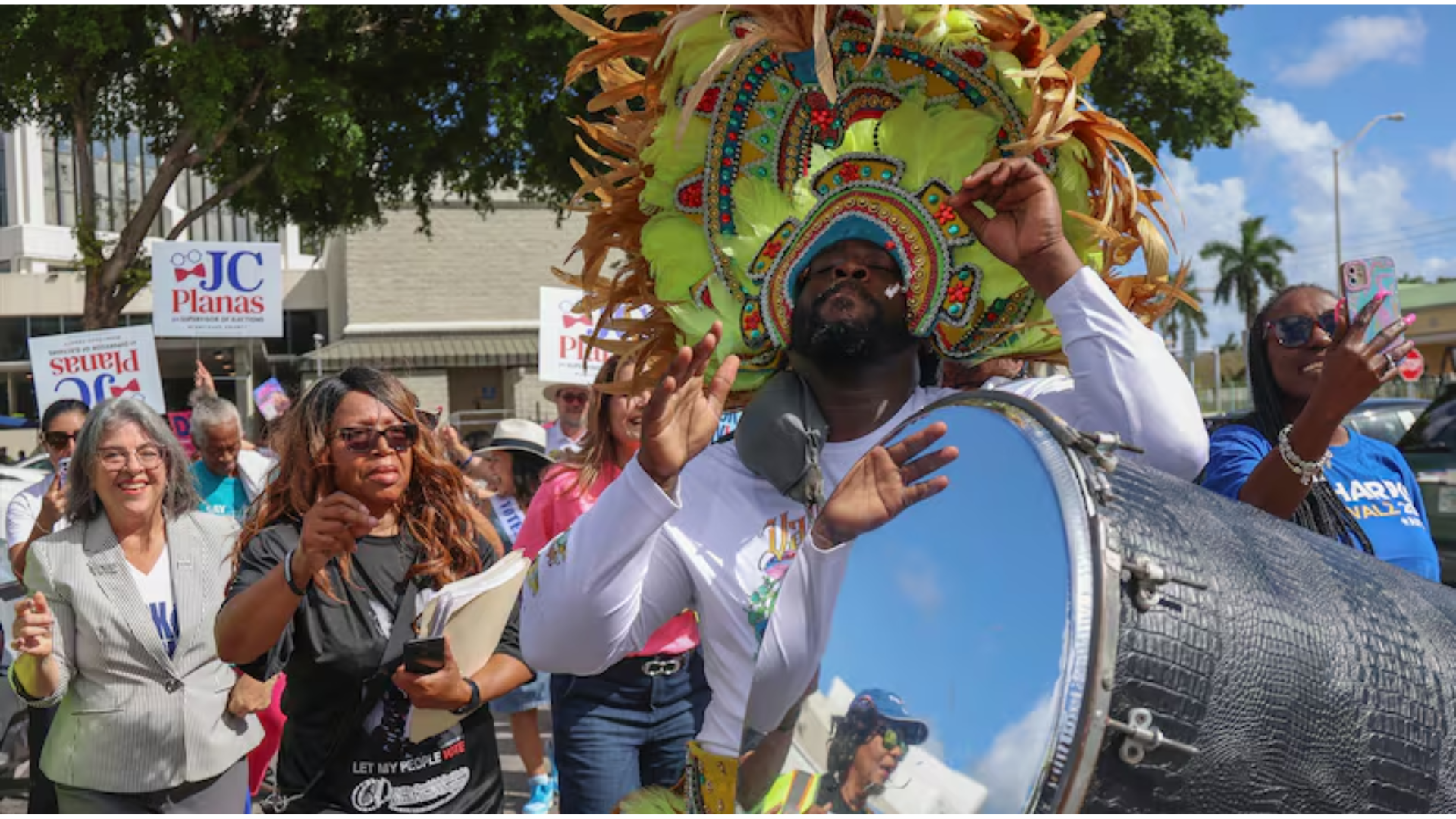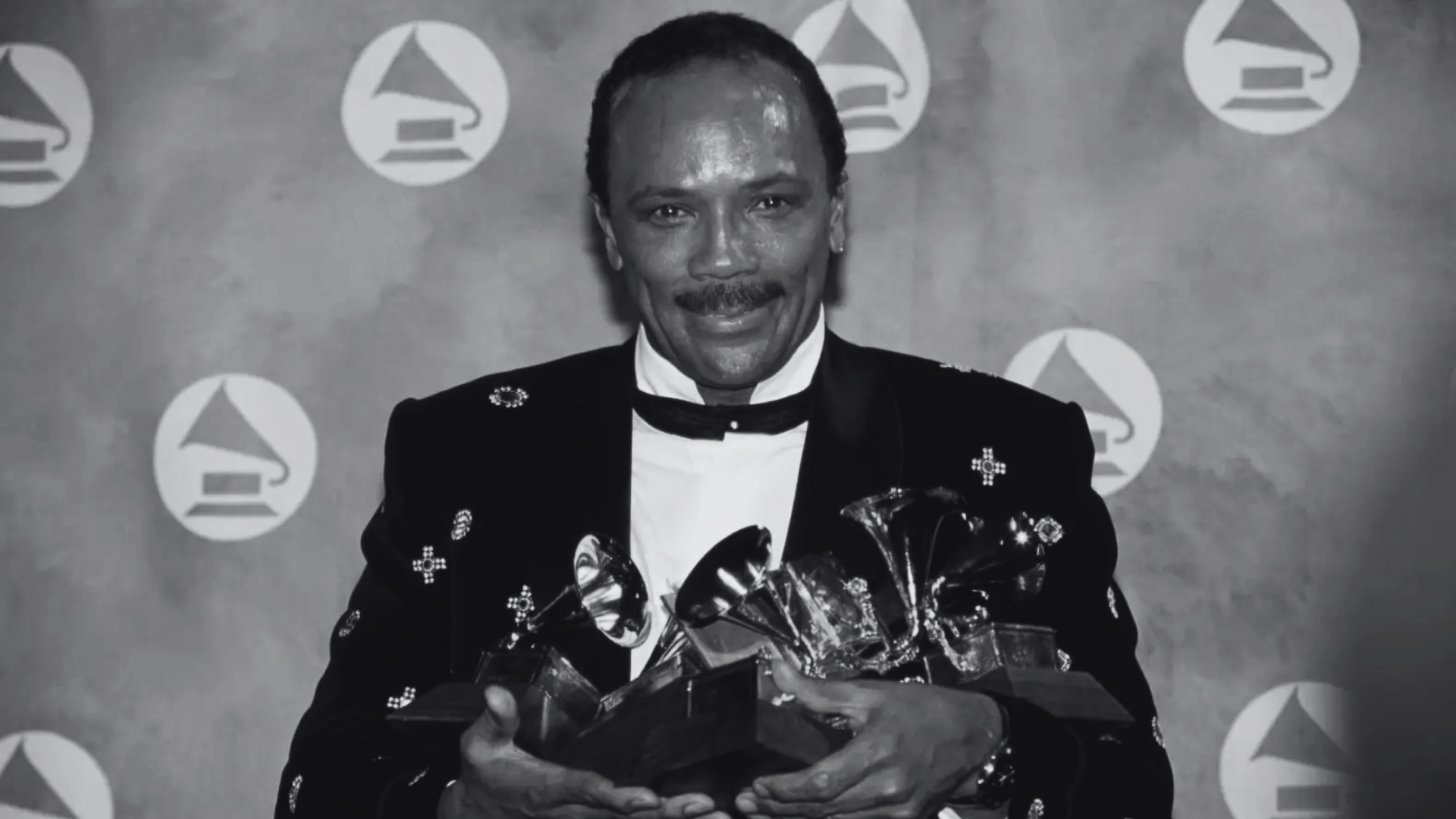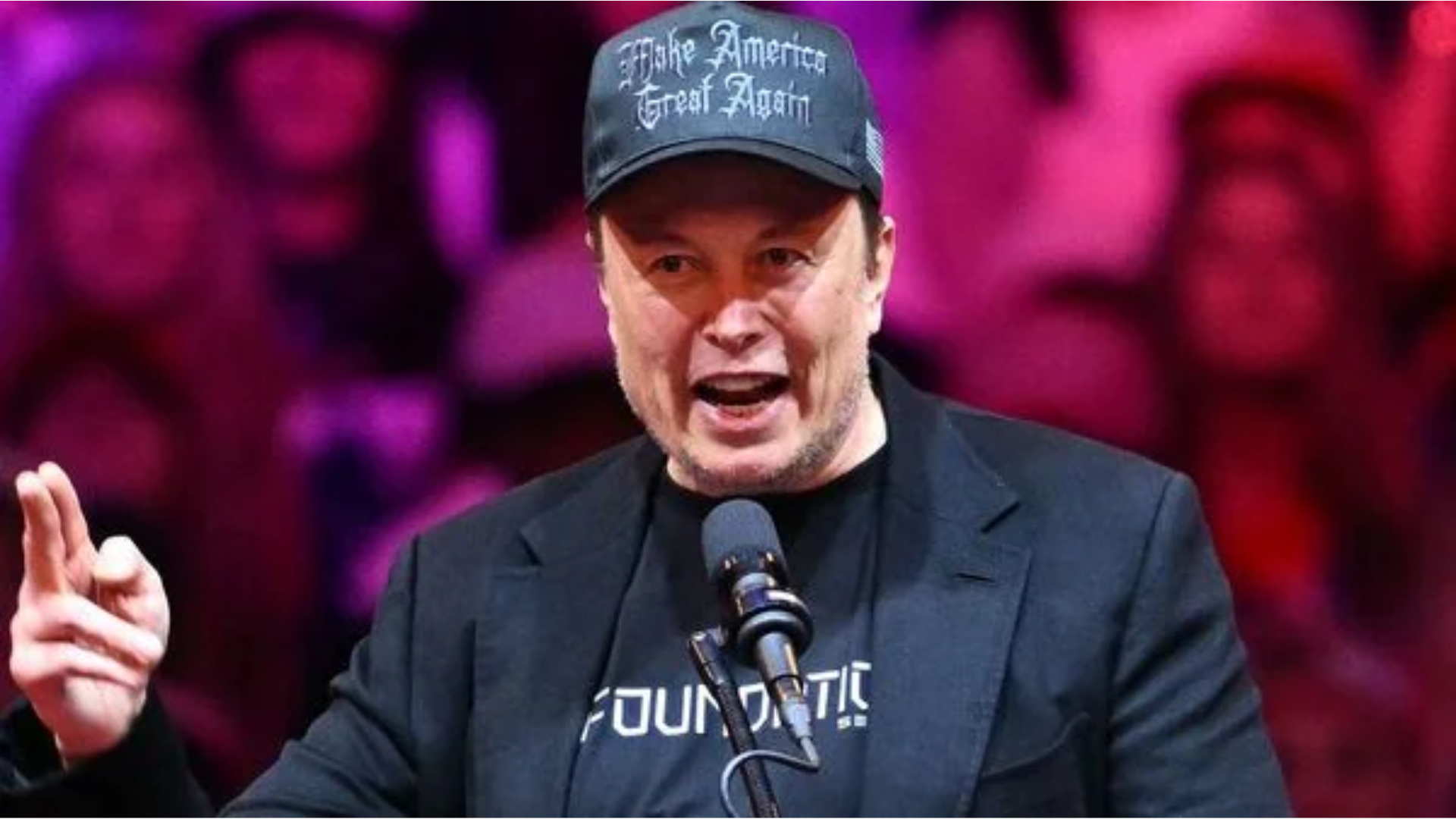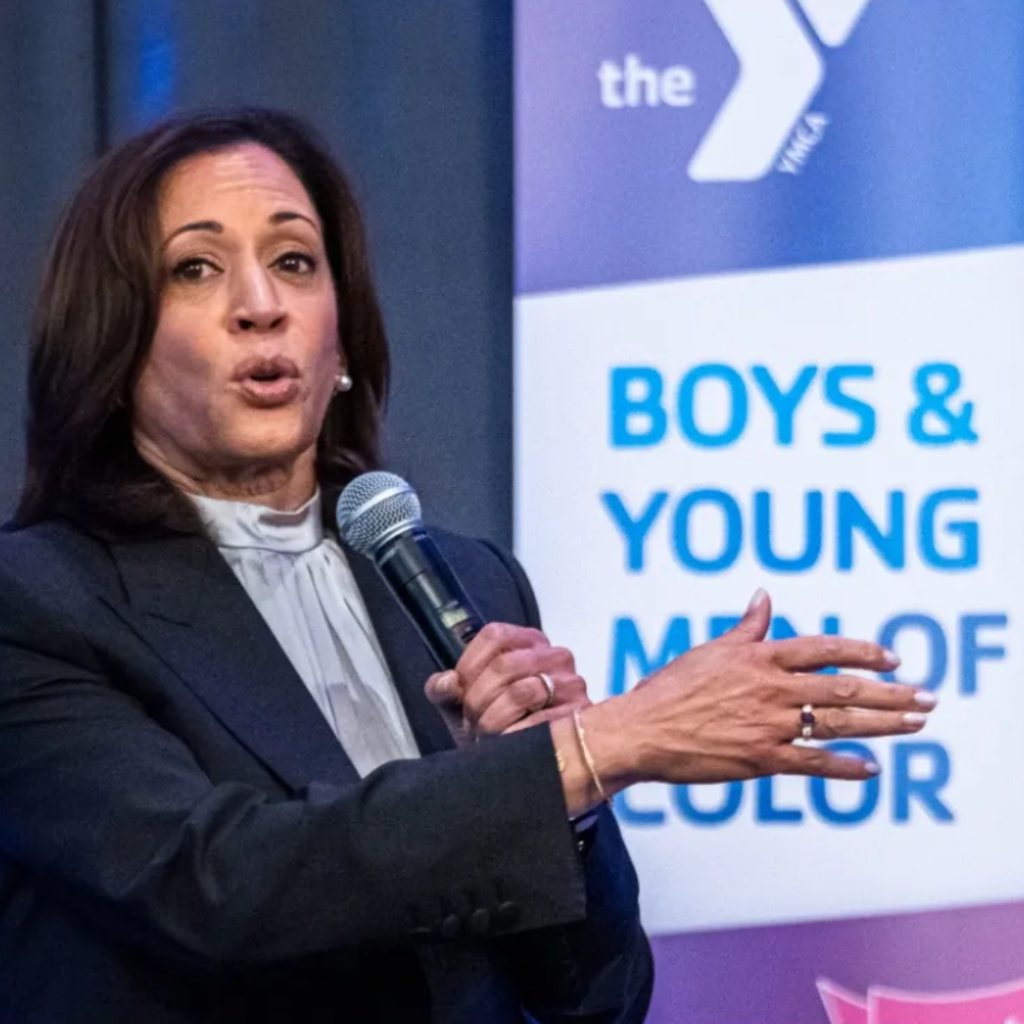
As the 2024 presidential race heats up, Vice President Kamala Harris’s support among young male voters has become a focal point for Democrats, who worry this demographic might be leaning toward Trump in the final days. Although Harris maintains a significant lead among young women, particularly under 30, recent polls reveal a notable gap in her support among young men, including Black and Latino voters.
A Yale University poll found Harris leading Trump by only five points among young male voters, while another survey by GenForward shows nearly a quarter of young Black men and 44% of young Latino men expressing support for Trump.
Democratic strategists emphasize that young men have historically been less predictable than their female counterparts and cite emerging populist and conservative trends as reasons for shifting loyalties. Republican strategist Mike Madrid highlighted this potential shift, suggesting that if Trump prevails, his success may hinge on these young male voters.
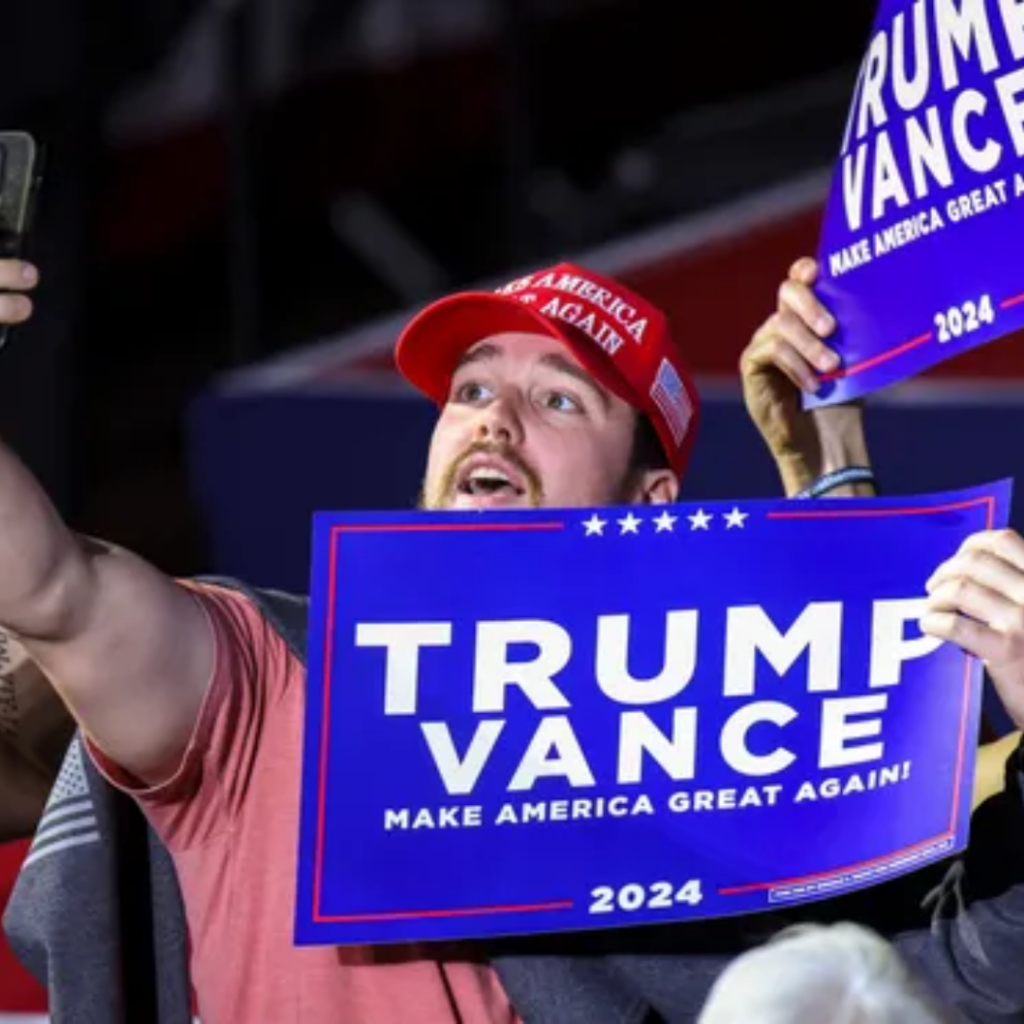
In response, Harris’s campaign has intensified outreach to this group, deploying a series of digital ads on sports betting sites, gaming platforms, and major sporting events—all spaces popular among young male voters.
However, experts note that this trend extends beyond this election. Data shows young men have slowly been moving away from the Democratic Party, even before Harris became the party’s nominee.
For example, in 2020, Biden led Trump among young men by 26 points, while recent polls show that margin has dwindled to just a handful of points. This pattern has caused concern within the Democratic coalition, as young men appear more open to conservative rhetoric, even while young women remain largely in the liberal camp.
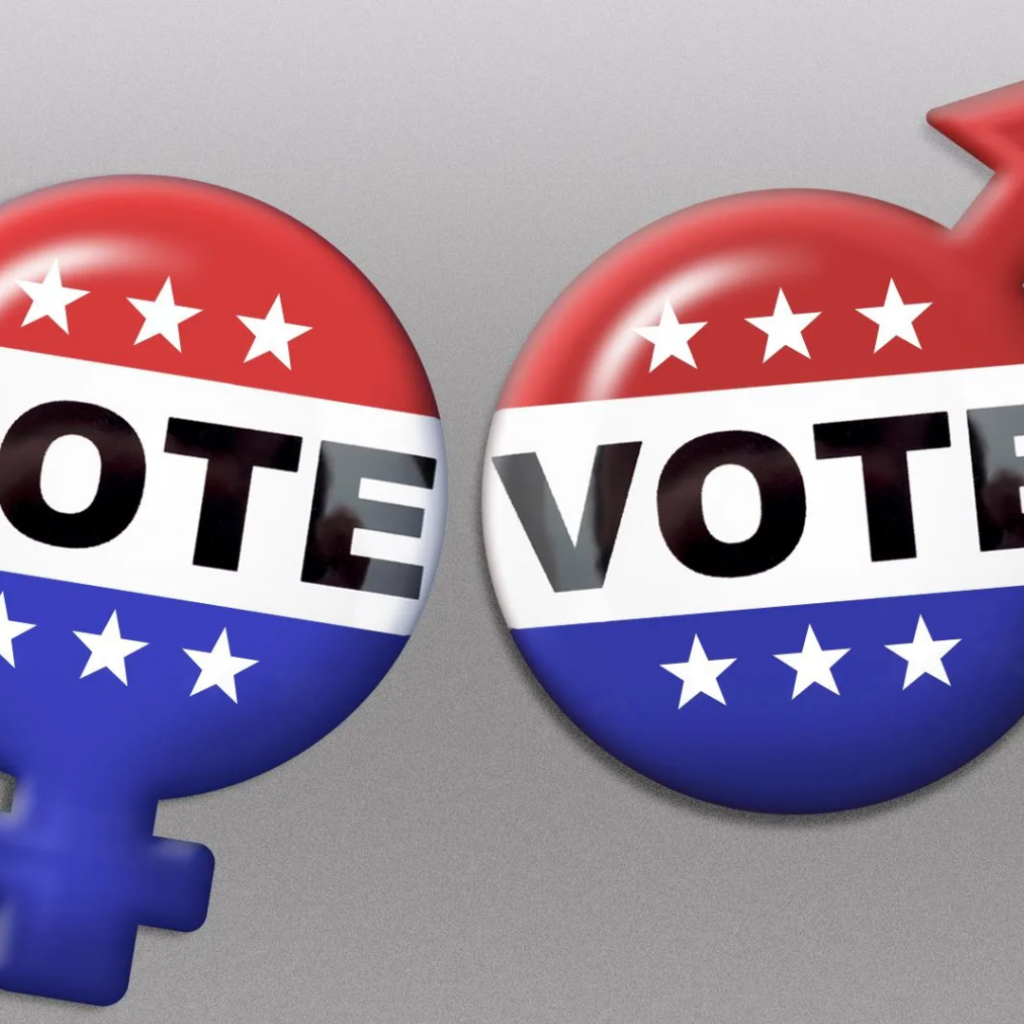
The growing gender divide among young voters reflects significant shifts in political leanings, with young women becoming increasingly aligned with progressive causes, while young men show more willingness to explore conservative or populist views. According to Melissa Deckman, CEO of the nonpartisan research firm PRRI, young women’s identification as liberals has been driven by issues like reproductive rights and Trump’s rhetoric on gender, which resonate more negatively with women.
Pew Research also indicates that young women are more likely than young men to register and turn out to vote, giving Democrats a reliable base among women.
Yet young men’s interest in populist messages has been a boon for Trump, whose campaign has leaned into themes of masculinity and anti-establishment rhetoric. Deckman notes that Trump’s strategic appearances on popular male-centric podcasts and his attendance at high-profile Ultimate Fighting Championship events appeal to younger male audiences who see these as symbols of strength and independence.
Harris’s campaign, meanwhile, has worked to balance her appeal across demographics by addressing economic issues that resonate with young men, including her proposals on affordable housing and an “opportunity economy” that aims to bring fair wages and job growth to working-class Americans.
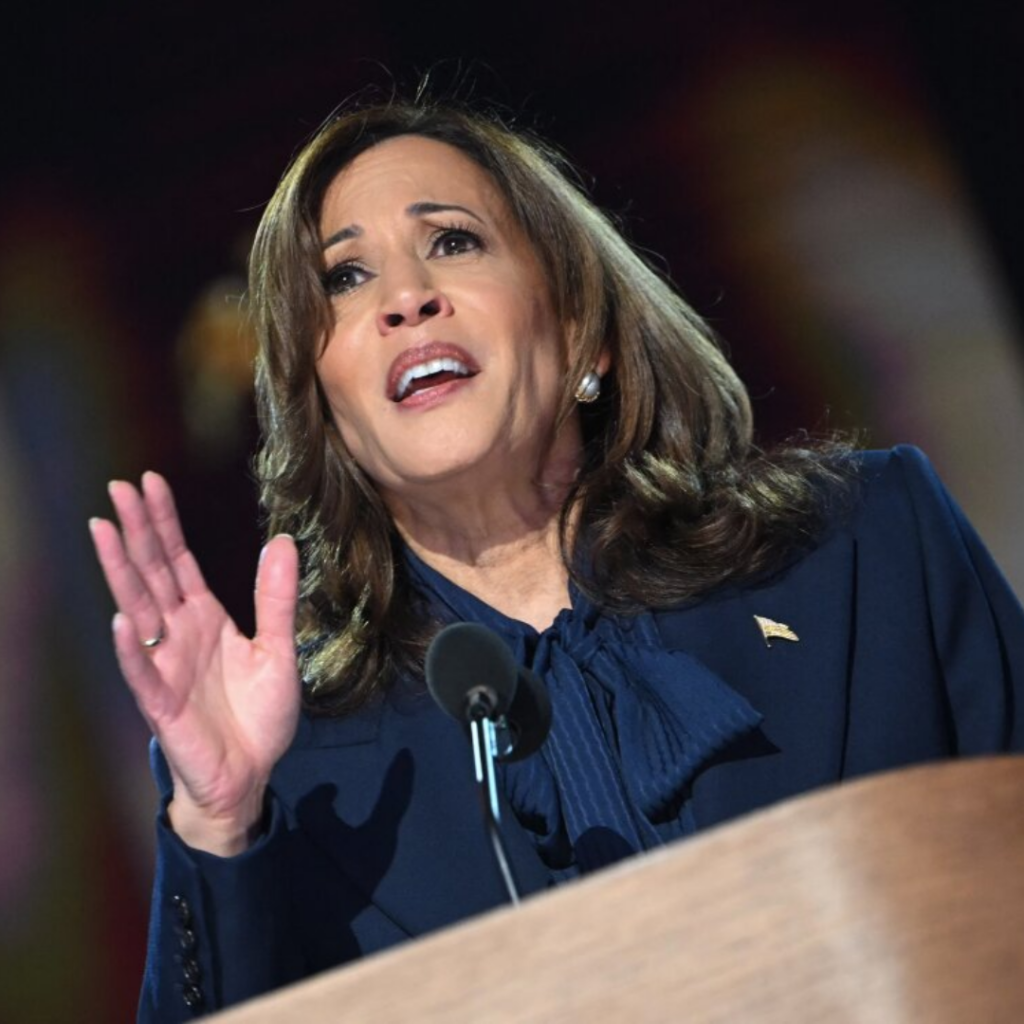
Harris campaign wants to change young men’s point of views
Despite these efforts, some Democratic strategists feel the party has room to improve its connection with young men. Mike Nellis, who works with the “White Dudes for Harris” campaign group, argues that Democrats should engage more actively with young men on issues like economic stability, job opportunities, and masculinity—topics he feels have been dominated by conservative messaging. Harris’s recent push toward populist policies may signal an effort to bring young men back into the fold by addressing their primary concerns.
At the same time, experts like Kelly Dittmar, a Rutgers University political scientist, point out that while young men’s support for Trump is increasing, they still lean more liberal than older male demographics.
Dittmar stresses that young men remain progressive on many issues compared to previous generations, even if the gap between young men and women is widening. The critical question, she notes, will be turnout. If young women continue their strong voter turnout, it may help offset any gains Trump makes among young men. But if young men show up in large numbers, Trump could gain a crucial edge.
As both parties fine-tune their messaging in the final days, the youth vote remains a deciding factor. While Harris holds an edge among Gen Z and millennials overall, Trump’s inroads among young men, particularly young men of color, could determine the outcome.


